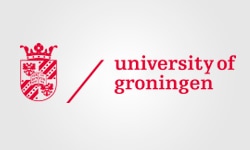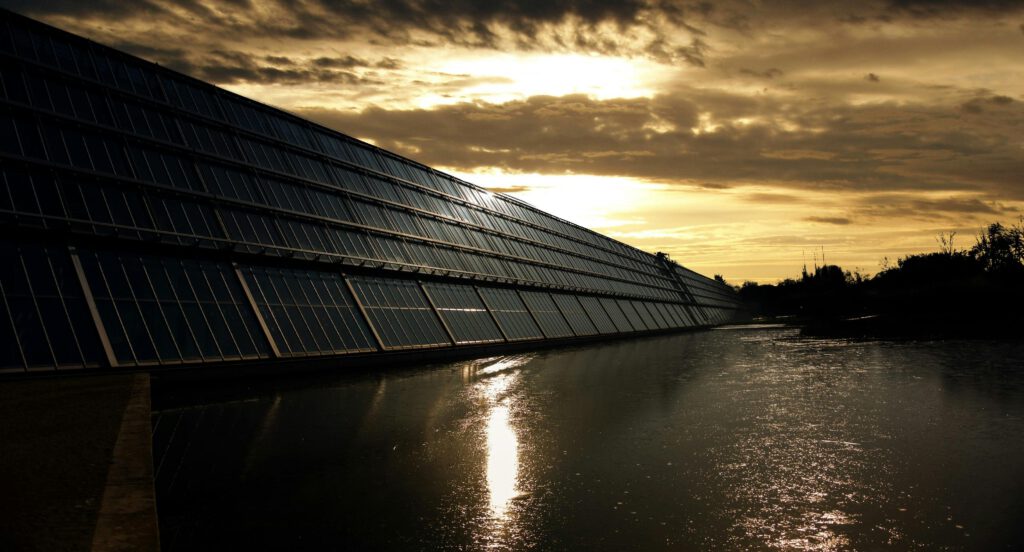University of Groningen (UG)

Founded in 1614, the University of Groningen is a top-100 global university with a strong tradition of academic excellence and societal engagement. Located in the vibrant “City of Talent,” UG combines world-class research with an open, collaborative approach to addressing the grand challenges of our time: most notably the transition to a sustainable energy future.

Energy related research:
Energy research at UG is anchored in two major interdisciplinary hubs: the Wubbo Ockels School for Energy and Climate (WOS) and the Energy and Sustainability Research Institute Groningen (ESRIG). Together, they integrate technical innovation with socio-economic and environmental perspectives to accelerate the energy transition.
The Wubbo Ockels School, named after the pioneering Dutch astronaut and sustainability advocate, fosters collaboration across faculties and with societal partners. Its work is guided by Ockels’ vision that “we are all astronauts on spaceship Earth” and focuses on three main themes: the hydrogen economy, citizen empowerment in energy transitions, and climate adaptation. Through interdisciplinary education, research, and public engagement, the School connects science with practice: offering minors, MOOCs, and seasonal schools, and partnering with organisations such as New Energy Coalition and the Global Centre on Adaptation.
ESRIG complements this mission with expertise in energy systems, renewable resources, environmental science, and sustainability economics. Its researchers address pressing topics including energy storage, smart grids, renewable integration, and the societal impacts of climate policies.
Energy research at RUG also benefits from specialised expertise in law, economics, and behavioural sciences:
- The Groningen Centre of Energy Law and Sustainability (GCELS) explores the legal frameworks needed to support the energy transition, from renewable integration to energy justice.
- The Centre for Energy Business and Economics Research (CEnBER) analyses energy markets, policy, and investment, providing insights into sustainable economic development.
- The Environmental Psychology Groningen (EPG) group studies behavioural change, decision-making, and public acceptance to ensure that energy innovations align with societal needs.
In addition, researchers in philosophy, spatial sciences, and other faculties contribute critical perspectives on ethics, governance, spatial planning, and community engagement.
With its unique combination of technical excellence, legal and economic insight, behavioural expertise, and regional engagement, the University of Groningen plays a key role in shaping a just, innovative, and inclusive energy transition in the Netherlands and beyond.
• Contact persons in NERA from this partner:
Scientific board member: Prof. Klaus Hubacek
Working group members: Leo Dvortsin, Patricia Poppendick